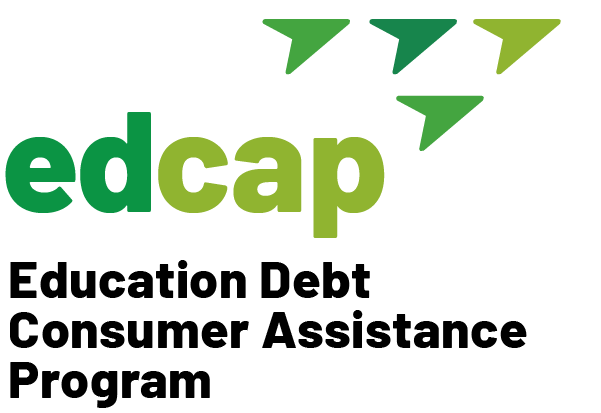What type of loans do you have?

Federal Loans
Do you have a chronic health condition or disability?
Yes
Consider Total and Permanent Disability Discharge (TPD). If eligible, this may be the easiest and fastest way to eliminate your federal student loans and there is generally no downside to applying.
No
Do you feel you can pay off your loans within the next 10 years or less? Use our Student Loan Payoff Calculator to help you determine if the monthly payments are feasible under a 10-year plan.

Private Loans Loans
What best describes your private loan situation?
My loans are in good standing.
Are you struggling to pay them short-term or long-term?
- I am struggling to pay short-term: Speak with your lender. Explore temporary payment pause or reduction options with your lender, like a forbearance or interest only payments.
- I am struggling to pay long-term and feel I will default: Explore refinancing. Refinancing may help reduce your interest rate and/or give you’re a longer repayment term. It will require creditworthiness and ability to qualify for a new loan.
My loans are in default.
- Understand the consequences of default: Your debt will likely be sent to a debt collector and you, and any co-signer risk being sued.
- Explore a settlement: Once you have defaulted, a lender or debt collector is more likely to offer you a settlement option. Get help before resuming payments or settling the debt.
- Do not ignore your correspondence: If your loans are delinquent or in default, read your correspondence. Do not ignore it. You want to get help, especially in the event you are sued. You may have a defense or be able to settle the debt. Seek legal advice!
- Beware of the Statute of Limitations: The Statute of Limitations for defaulted private loans varies by state (typically 3-10 years) and determines the period during which a lender can legally sue you for repayment. After it expires, while the debt remains, the lender cannot take legal action against you. Check your state’s laws to know your rights.
I am or have a co-signer.
- Communicate with the Borrower: Open a dialogue with the primary borrower to understand their financial situation and explore possible solutions together. Encourage them to contact their lender to discuss hardship options, deferment, or other options.
- Monitor the Loan Status: Regularly check the loan account to stay informed about payment statuses and any missed payments. Many lenders allow co-signers to access the loan information online. Staying proactive can help you address issues before they escalate.
- Consider Refinancing or Co-signer Release: Explore the possibility of refinancing the loan to secure a lower interest rate or more manageable repayment terms. Some lenders offer a co-signer release option after a certain number of on-time payments, which can remove you from the loan obligation. Discuss these options with the primary borrower and lender to determine the best course of action.
- Learn more about your rights and responsibilities as a co-signer.








